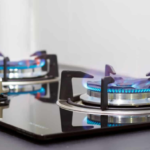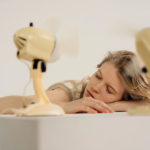Convert Shower Head to Low Flow
The average showerhead uses about 2.5 gallons (9.5 liters) of water per minute. However, you can switch to a 1.7 gallons per minute (6.6 liters) showerhead. This change will save over 11,000 gallons (42,000 liters) of water and 1,180 kWh of energy per year.
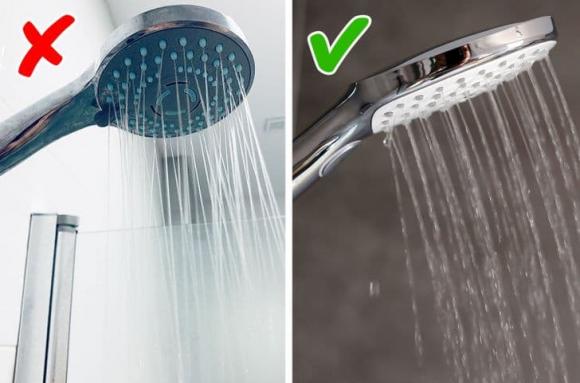
Simple behavioral adjustments can help you save a significant amount on your monthly electricity bill.
Clean out Your Dryer Lint Trap
A clothes dryer that runs with a clogged lint trap will only operate less efficiently. Depending on the amount of lint buildup, the dryer can consume over 75% more energy than usual. Therefore, regularly cleaning out the lint trap is essential.

Cover Pots and Pans When Cooking
A good habit you can adopt while cooking is to cover your pots and pans. By doing so, you can lower the heat and reduce cooking time, as steam and heat cannot escape from the pot. As a result, your food will cook faster.
Another useful tip is to match the burner size with the pot to prevent heat from escaping the sides. Using mismatched burners and pots can cause up to a 40% energy loss.

Adjust the Temperature in Both the Fridge and Freezer
Some people believe that the lowest temperature is the best way to preserve food. However, the refrigerator does not need to be set below 3 degrees Celsius, and the freezer will function well at -15 degrees Celsius. Setting them any lower will consume over 25% more electricity.
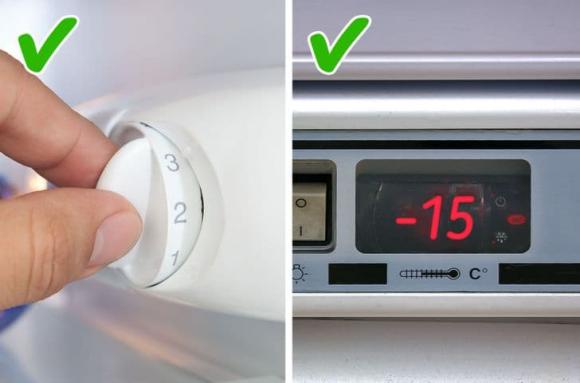
Use Curtains to Save on Air Conditioning Costs
Around 30% of a home’s heat escapes through windows during winter. And nearly 76% of the sunlight that shines through windows turns into unbearable heat. While curtains may not control heat loss during the winter, they have the ability to protect the interior from intense sunlight. Moreover, high-reflectivity curtains can shield the inside from scorching heat.
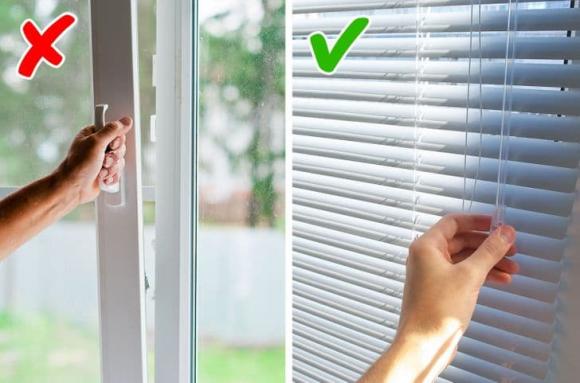
Use an Electric Kettle to Boil Water Instead of a Microwave
According to research, it is more energy-efficient to use an electric kettle as it heats up much faster and uses less energy. Microwaves consume 50% of the energy by converting electrical energy into microwaves. On the other hand, electric kettles are well-insulated and only use 20% of the total energy it consumes.
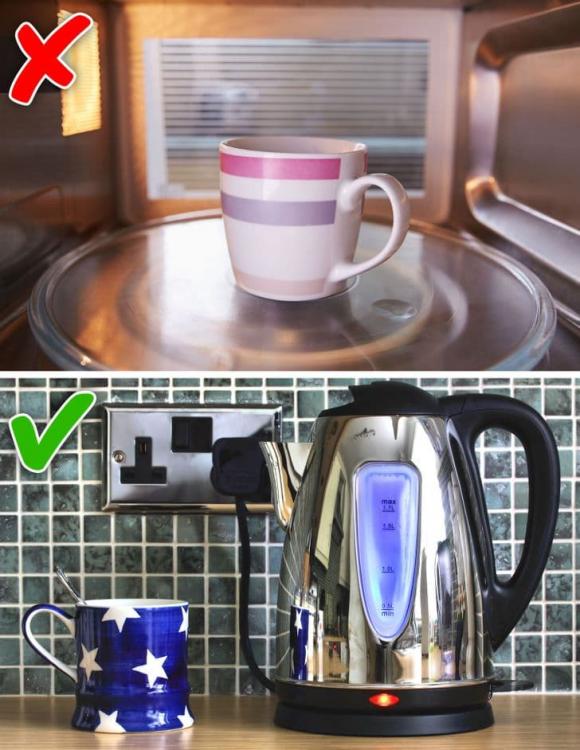
Plug All Electronic Devices into a Single Power Strip
Not everyone realizes that electronic devices still consume electricity even when they are turned off or in sleep mode. That’s why plugging everything into a single power strip gives us the ability to completely disable them when not in use. Just remember to press the on/off switch when you want to turn them off. Otherwise, the devices will continue to consume electricity.
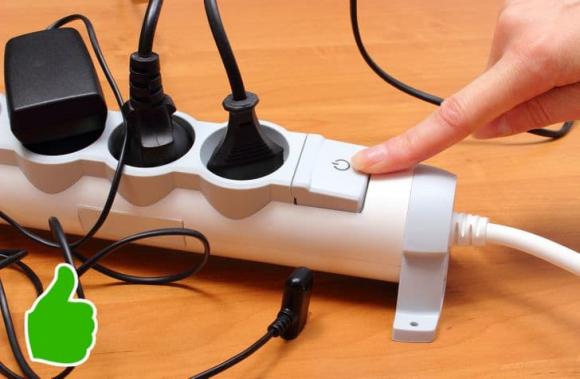
Use Dryer Balls
A dryer consumes a significant amount of energy. Therefore, if you must use a dryer, simply add a wool or rubber dryer ball to your laundry. These simple additions can separate clothes and provide them with air to dry faster.
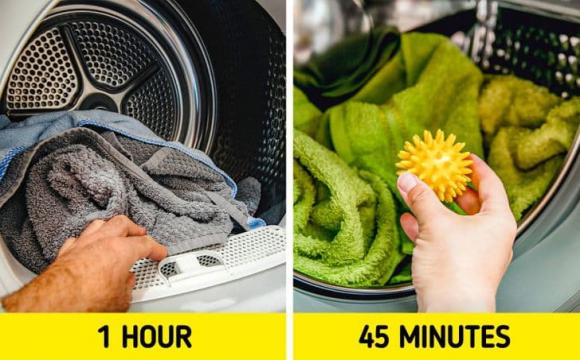
Source: Công lý & xã hội


























